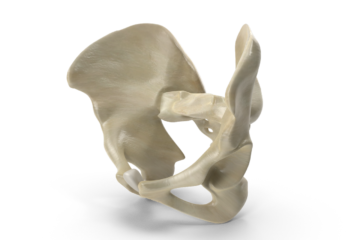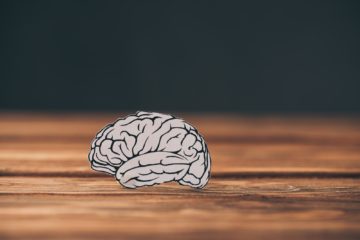Children are so much more than mini-adults. Their personalities, mannerisms, physiology, and even anatomy is unique. In addition they are always growing and changing. These changing bodies require a unique and individualized therapeutic approach, adapted for the developing child. Pediatric-trained physiotherapists assess and treat a wide variety of acute, developmental, and congenital conditions in children aged 0-18.
Common pediatric conditions treated include:
– Sports injuries and general orthopaedic conditions
– Neurological conditions such as cerebral palsy or spina bifida
– Developmental delay
– Torticollis and Plagiocephaly (flat head)
– Scoliosis
– Concussion and Post-Concussion syndrome
– Developmental Coordination Disorder
– Hypotonia
Physiotherapy treatment for children focuses on improving function and increasing independence. From helping infants achieve their next developmental milestone, to helping an older child get back on the soccer field after a broken bone, physiotherapists are always focussed on what a child can do, not what they can’t do.
Early physiotherapy intervention for congenital and neurological conditions results in significant long term health benefits, including reduced disability, reduced need for surgery, and improved quality of life. Physiotherapists can also help children with mild to moderate motor delay achieve developmental milestones, and develop fundamental gross motor skills. Physiotherapists can also help with improving endurance, physical activity participation, fitness, and sport skill development.

What might treatment look like?
Pediatric physiotherapy improves physical function and quality of life for children and families.
Improved function and involvement in daily activities also allows children increased participation in activities key for their social development and improves their overall wellbeing.
Depending on your child’s needs, treatment sessions may include manual therapy, soft tissue work, education, and appropriate exercises. Treatment may be targeted towards improving posture, movement and range of motion, strength and endurance, agility, gross or fine motor skills, balance and coordination, activity modification, or specific functional activities.
As a parent or guardian, you plan an integral part in ensuring effective treatment of your child’s condition and their long term success. Together with the physiotherapist, you will discuss and review goals, and track your child’s progress. Depending on your child’s age, you may need to assist them with their home exercise program. If you think your child may benefit from physiotherapy, speak to a pediatric-trained physiotherapist to see what treatment options might be right for you.


